Description
A load cell is a transducer that is used to create an electrical signal whose magnitude is directly proportional to the force being measured. The various types of load cells include hydraulic load cells, pneumatic load cells and strain gauge load cells.
This is a standard load cell for measuring weight upto 1 Kg. The output of the load cell is in mili-volts and cannot be directly measured by a micro-controller. So an ADC with high resolution or an instrumentation amplifier is required to make the output of the load cell readable to a micro-controller.
- Capacity: 1KG
- Rated output(MV/V): 2.0±0.15
- Maximum number of laod cell verification intervals(N max): 2000
- Minimum number of laod cell verification intervals(Vmin): EMax/5000
- Combined error(%RO): <±0.030
- Creep(%RO/30min): 0.03
- Temperature effect on sensitivity(%RO/°C): 0.0016
- Temperature effect on zero(%RO/°C): 0.003
- Zero balance(%RO): 1.0
- Input resistance(O): 402±6
- Output resistance(O): 350±3
- Insulation resistance(MO<50V>): 5000
- Recommended excitation voltage(V): 10~15
- Compensated temperature range(°C): -10~+40
- Operating temperature range(°C): -35~+80
- Safe overload(%RO): 150
- Ultimate overload(%RO): 200
- Load cell material: Aluminium
- Method of connecting wire: I/P – Red(+),Black(-),O/P – Green(+),White(-)
Applications:-
- Electronic platform scale
- Digital scale
- Parcel post scale
- Electronic balance
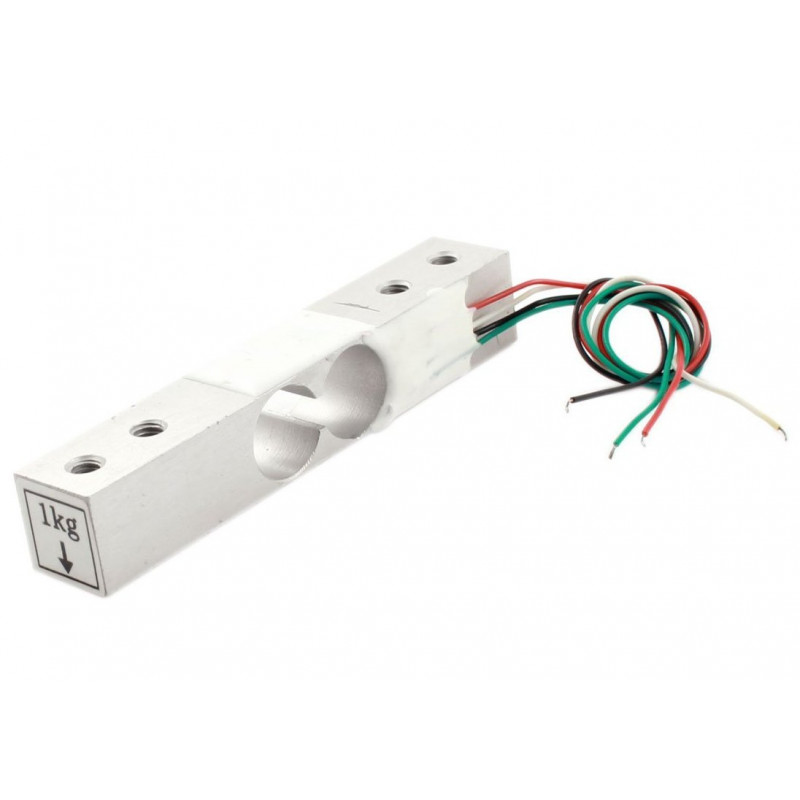
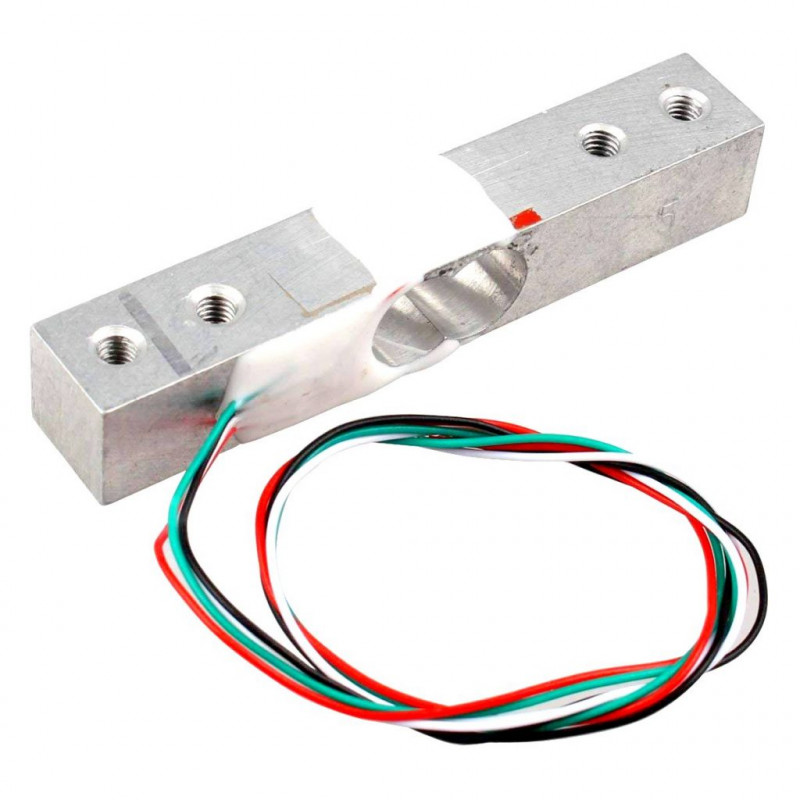
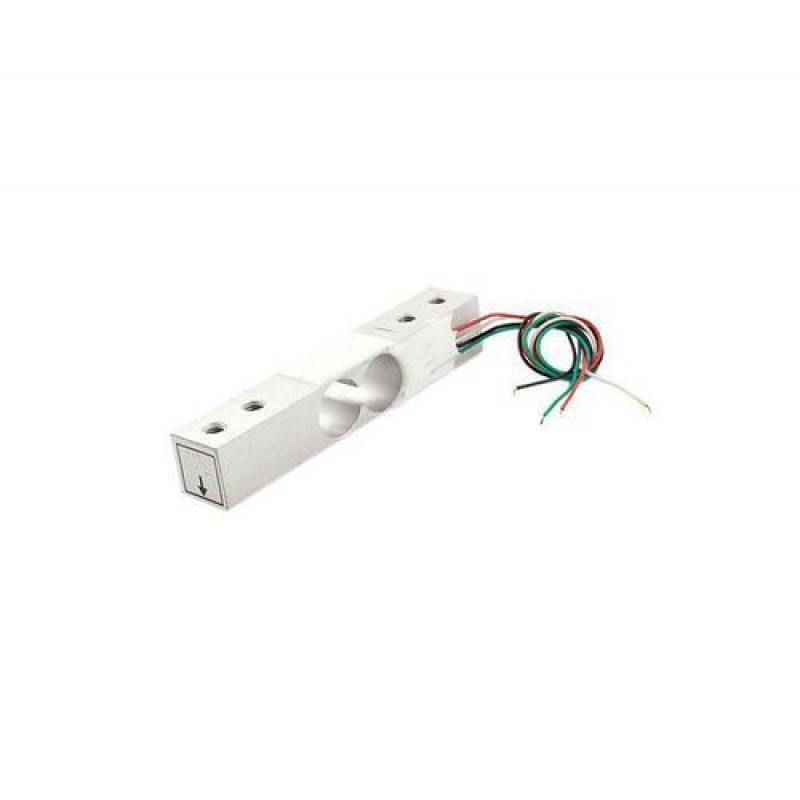
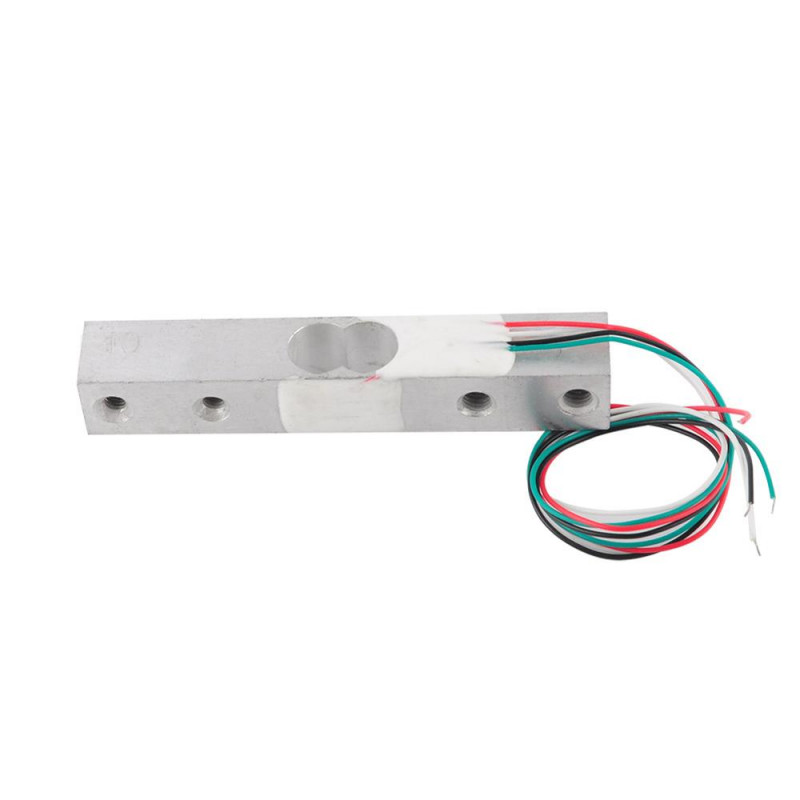
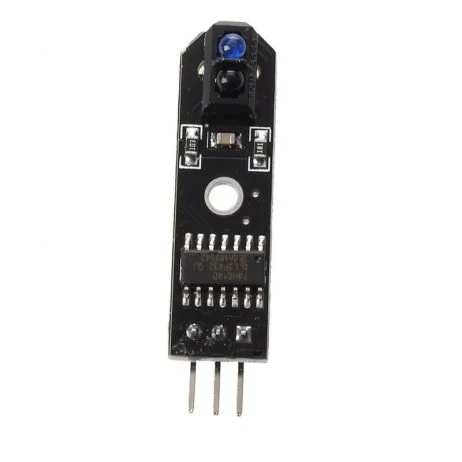


Reviews
There are no reviews yet.